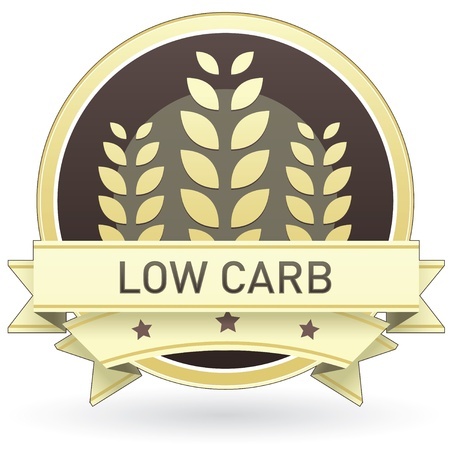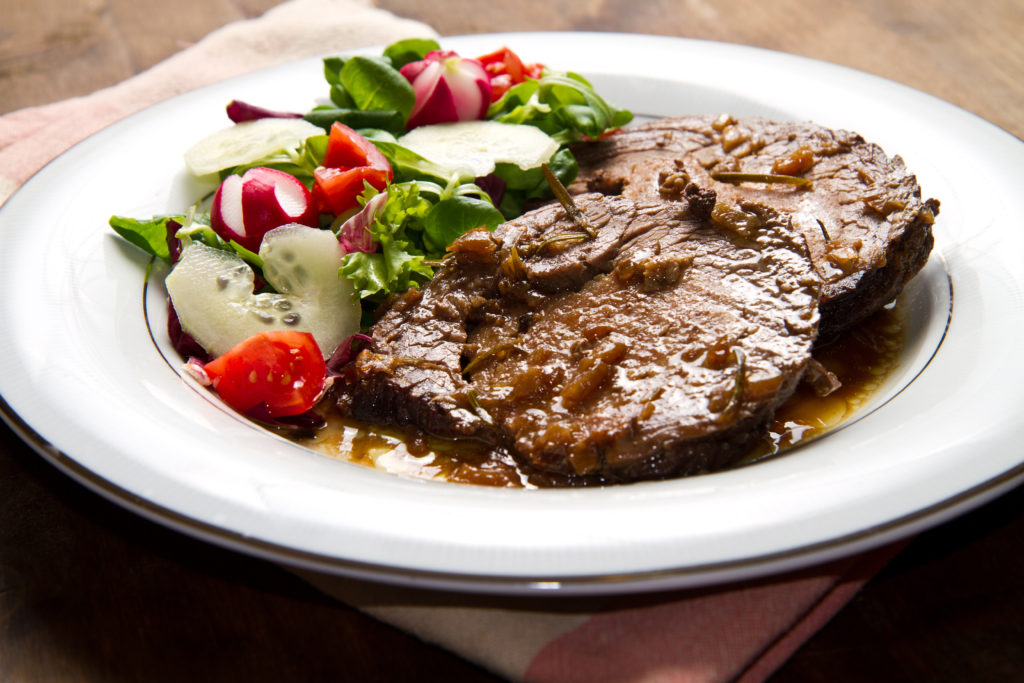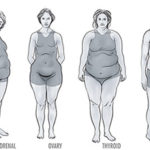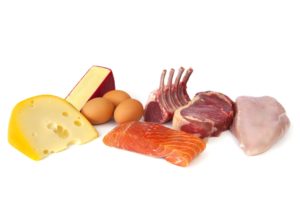Low-Carb vs. Low-Calorie: Which Is Better for Weight Loss?

Low-calorie diets limit the intake of food to 1,200-1,500 kcal per day, depending on the guidelines you follow or on the regimen you prefer. Low-carb diets on the other hand focus only on restricting the intake of carbohydrates and don’t put much emphasis on calories.
Both these strategies can help you lose weight and drop a few sizes, and although they require you to change your eating habits differently, they work on a similar principle.
Low-calorie diets and weight loss
On a low-calorie diet, what you eat is less important than how much you eat, as the focus is on the daily energy intake and on creating a calorie deficit that will force your body to use its already stored fats for energy production. However, getting your calories from healthier foods supports not only faster weight loss, but also an overall better health state, so instead of “diet” soda and “diet” biscuits, try to pick a healthier snack, like fruit and some tea or water.

Cutting calories will help you drop pounds, there’s no doubt about it, but if your menu is too restrictive and you struggle with hunger pangs and cravings, it’s a sign that you’re doing it wrong. Starving yourself is never a smart strategy for losing weight, as in most cases the pounds that are lost come from water weight and not from the stored fats.
If you want to do the low-calorie diet correctly, to avoid the yo-yo effect, try to focus not on removing foods from your menu, but on replacing the products that are higher in calories with alternatives that are healthier and provide fewer calories. Instead of eating a hamburger with potatoes, have a serving of grilled meat with fresh veggies, and skip the bread and dressing. Replace the commercial ice cream with a homemade version, made of mashed fruits and plain yogurt, and you can easily save 100-200 calories.
Add plenty of vegetables to your menu and stick with lean cuts of meat, plain yogurt, and homemade dishes. Opt for oatmeal if you need some good carbs on your menu, and skip the pasta and rice. Also, make sure you’re not going too low with the daily calorie intake – if your body needs 2,000 kcal to function properly, don’t go lower than 1,500 kcal per day if you’re trying to lose weight through diet alone.
Exercising can speed up weight loss and help you improve your body composition, so if your purpose is to change your appearance and you’re more concerned with how you look like and how you feel than with the number on the scale, exercising and creating a safe calorie deficit through a low-calorie diet are good solutions.
Low-carb diets for long-term results
Although apparently, these two strategies don’t have much in common, people who eat low-carb diets usually end up eating fewer calories as well, simply because carb-rich foods tend to add lots of calories to one’s menu.
Protein and fats are more fulfilling than carbs because they take longer to digest and can calm the hunger pangs and sugar cravings, so when you replace carbs with grilled meat for example, or with boiled eggs, you’re less likely to feel hungry right after a meal because your blood sugar levels oscillate less. This makes you less prone to overeating or to sneaking in some guilty treats when you feel tempted to grab a snack.

Low-carb diets are better for regulating appetite and unlike low-calorie diets, they don’t cause so much water retention, because protein and fats don’t have the same effect on the water weight as carbs do. When carbohydrates are broken down to glucose and glucose is stored in the liver and muscles in the form of glycogen, it also pushes water into the cells so this is why people who eat higher amounts of carbs tend to retain more water.
When you limit carb intake, your body is less likely to retain excess fluids, but it still retains water, especially if you eat carbs after a workout when the glycogen stores are depleted and refilled. The first weeks on a low-carb diet are challenging and lots of people feel sluggish and energy-deprived, but once the body adapts to the new eating strategy, energy levels are restored.
The great advantage of a low-carb diet is that it allows you to lose fat mass and preserve muscle mass. In low-calorie diets the results are often the opposite: you lose lots of water weight and a mix of muscle and fat mass, but once you return to your regular eating habits, the lost pounds come back. Limiting the carb intake helps in maintaining healthier blood sugar levels and prevents the storage of excess fats in the layers of adipose tissue underneath the skin.
To sum it up, the low-calorie diet, when done correctly, can be a good short-term strategy, but the key is to focus on eating nourishing foods that are less energy-dense, and not on removing foods from your menu, as depriving your body of nutrients is of no use in the long run.
Low-carb diets can be a long-term solution, as they’re efficient in trimming down the fats and helping one build stronger muscles and a leaner figure, but the first weeks on an LC diet can be very challenging due to the carb-withdrawal symptoms. It’s up to you to decide which of these strategies fits your lifestyle, weight goals, and preferences the best.
If you’re on a low-calorie or low-carb diet and want to share your thoughts with us, please feel free to post your comment below, or join our Facebook community and let us know your story.














